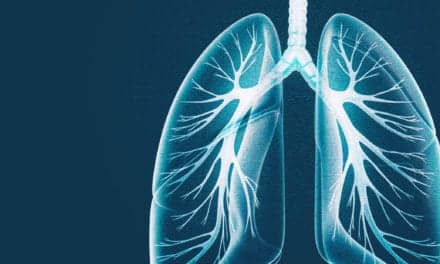Exposure to organic dusts, such as those found on farms, elicits airway inflammatory diseases, but high doses of vitamin D were associated with a significant decrease in lung inflammation, according to a recent study.
Using mice exposed to hog barn dust, investigators investigated whether vitamin D reduces organic dust-induced inflammatory outcomes in cell culture and animal models. Rodents were divided into two groups, one receiving a high-vitamin D diet; the other receiving a diet with a low concentration of the nutrient.
They found that relatively high vitamin D treatment group had significantly decreased lung inflammation. Though the vitamin-D-dosed mice still experienced inflammation, it wasn’t as bad as that seen in those deficient in the vitamin.
Treatment with vitamin D was found to reduce monocyte toll-like receptor 2 (TLR2) and toll-like receptor 4 (TLR4) expression as assessed by quantitative real-time polymerase chain reaction (PCR) and cell surface protein expression as assessed by flow cytometry.
This was not an immediate response, suggesting that prolonged pretreatment with vitamin D would be required to determine chemokine responses.
“We know that vitamin D changes the expression of key molecules that respond to the dust, and through this response, we think vitamin D may be helpful in lessening disease brought on by agricultural dust,” said Jill Poole, MD, associate professor in the University of Nebraska Medical Center Department of Internal Medicine and principal investigator of the study. “Since vitamin D is inexpensive, readily available and safe, if you don’t take more than 4,000 IUs daily, there’s no downside.”
Poole added, “I think there should be awareness in the farming community about the potential benefit of vitamin D. How important it is for sure we don’t know yet. But it may help the immune system.”









